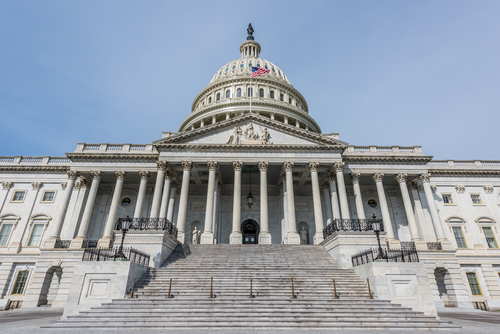Listen To Story Above
A recent investigation revealed Medicaid squandered an astonishing $1.1 trillion through improper payments during the past ten years, highlighting significant issues within the government healthcare program’s financial management system.
The study defines improper payments as disbursements that either reach incorrect recipients, involve inaccurate amounts, or lack proper documentation. This widespread problem within Medicaid’s susceptibility to fraudulent activities, stems from ongoing challenges with beneficiary eligibility verification and documentation processes.
Government oversight bodies have consistently highlighted Medicaid’s susceptibility to fraudulent activities, citing the program’s massive enrollment numbers and insufficient monitoring mechanisms as primary concerns. Several political representatives are now pushing for enhanced oversight measures and comprehensive reforms to address these systemic issues.
https://twitter.com/DustieDahl/status/189511759441741046
Various initiatives aimed at enhancing Medicaid’s payment infrastructure have encountered significant obstacles. Current reform proposals focus on implementing advanced technological solutions for expenditure monitoring and establishing more comprehensive eligibility verification protocols. There is growing concern that these payment irregularities are preventing resources from reaching those who genuinely require assistance.
The investigation’s results are anticipated to spark renewed legislative discussions in Congress regarding potential measures to strengthen Medicaid’s operational integrity and ensure more responsible management of public funds.
PRESIDENT TRUMP: “I’m not going to touch Social Security, Medicare, Medicaid. Now, we’re going to get fraud out of there… and everybody wants us to get the fraud out.”
pic.twitter.com/vmLOKpTXeH— Benny Johnson (@bennyjohnson) March 9, 2025






